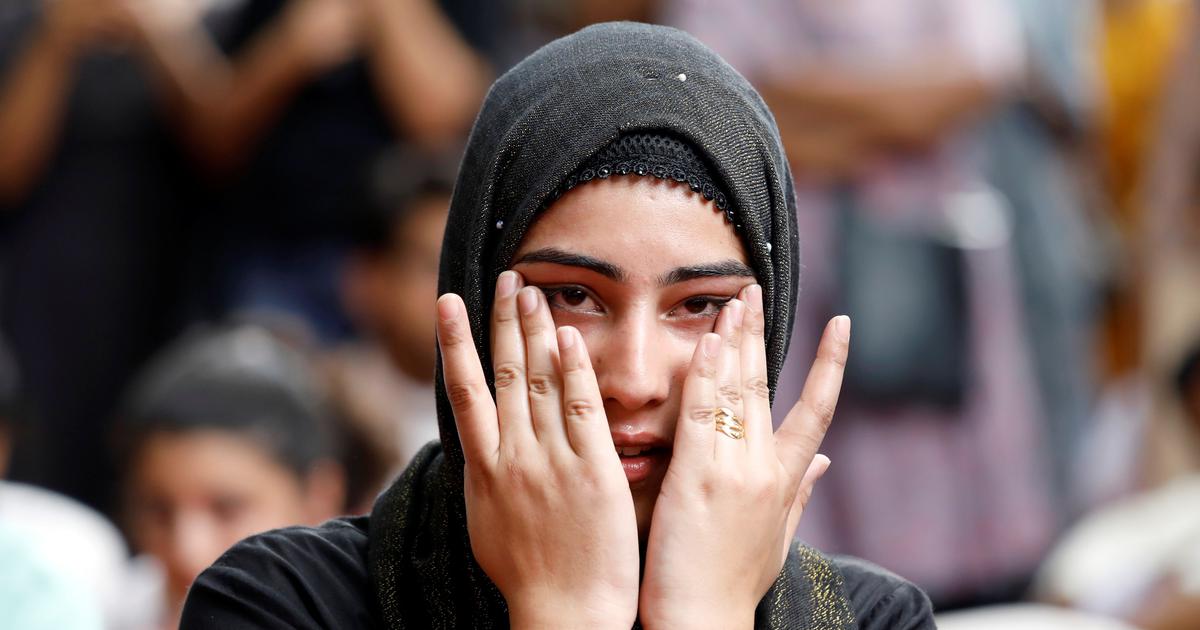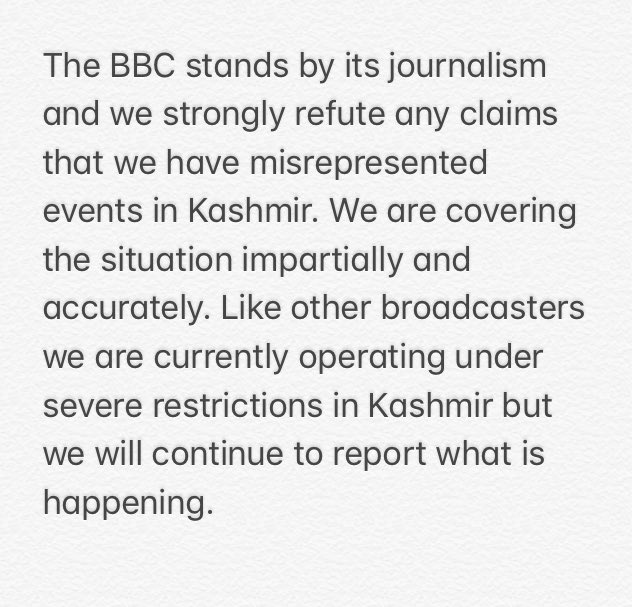Nasir Khan: Indian Top Court Ruling on Holy Site Political Judgment
TEHRAN
(FNA)- Nasir Khan, a historian and political activist, says the verdict
by the Indian Supreme Court to give the land of the Babri mosque in the
Northern town of Ayodhya falls short of a legal pronouncement.
Speaking
in an exclusive interview with FNA, Nasir Khan said, “It was more of a
political judgement, in which the difference between the perpetrators of
a major crime and the aggrieved party was ignored completely and
instead ordered thconstruction of a Hindu temple at the disputed
site.”
Nasir Khan, PhD of Philosophy, is an author,
historian and anti-war and human rights political activist. He has
written numerous articles on human rights and international affairs.
Below is the full text of the interview:
Q: How do you find the verdict, especially amid many instances of sectarian violence?
A: From a historical point of view, many mythical
heroes and gods were believed by people in the ancient civilizations of
Egypt, Greece, Assyria, etc. But with the passage of time, Egyptians
stopped believing in many gods such as Osiris, Isis and the divine child
Horus, among many others. In Greece the same thing happened: The old
Olympian gods and heroes were replaced by other gods and mythologies.
But in India ancient mythical stories continued to exist, and are still
regarded as part of Hinduism by the followers of this religion. The
Hindus who destroyed the Babri mosque believed in the myth of the
birthplace of Rama. This brief account is essential to understand the
mythical account of the life of god Rama that were tacitly accepted and
supported by the Supreme Court in its verdict.
The verdict falls short of a legal pronouncement,
based upon a judicious investigation of the evidence involved about the
land where the mosque stood. It was more of a political judgement, in
which the difference between the perpetrators of a major crime and the
aggrieved party was ignored completely and instead ordered the
construction of a Hindu temple at the disputed site. The court asked the
central government to prepare a scheme within three months to enforce
the order for the construction of the temple! The Muslims were to be
given a five acres of land in Ayodhya, as if the dispute was merely one
about the possession of a disputed piece of land. In this way, the goals
of the Hindutva government of Modi and the Hindu extremists were given
an endorsement by this unjust and lopsided judgement. It is amazing that
the court did not mention or condemn the wanton destruction of the
500-year old mosque in the summary of the verdict.
The question of sectarian violence after this
verdict should also be seen in a broader context of Indian political
system, where the Hindutva forces wield the cudgel. The Modi government
had made sure that the internet was not freely available to areas where
Muslims could protest or raise their voices. Indian Muslims are acutely
aware of their vulnerability in case of any opposition to this verdict.
The fear of attacks by the militant Hindus is not something they can
ignore. They know how over two thousand Muslims were massacred by the
Hindu mobs.
Q: Do you believe justice was served by the verdict?
A: Modi bears much responsibility for the communal
violence in India when he was the chief minister of Gujarat. In 2002,
there was a mass bloodbath in his state in which more than two thousand
Muslims were killed, their women raped and their properties pillaged by
the Hindu mobs when a train carrying Hindu pilgrims caught fire in which
58 people died. Without any evidence, Modi accused Pakistan of causing
the fire. Within hours of his provocation, the killing of Muslims
started in his state. The way the Hindu mobs molested and raped Muslim
women is too painful for me to repeat here.
Modi has shown his political base is his militant
right-wing parties and followers who want to change India into a Hindu
rashtra. How to do this is part of the political strategy of Hindutva
which he follows. The first major step he took on 5 August was to
colonize the 8-million Kashmiri Muslims by isolating them in a total
blockade by the most savage means.
In India, it is the Hindutva that reigns supreme,
and Modi is their leader. The Indian judicial system is not immune
against the prevailing political situation and policies of the Modi
government. The verdict of the Supreme Court has left no doubt in the
minds of political observers that the highest court of the land has
furthered the anti-Muslim communal policies of the present government.
Q: Islam is the second largest religion in
India, with approximately 200 million Muslims. Why do Indian Muslims
struggle to retrain their religious rights?
A: The causes of the social, economic and
political condition of Indian Muslims in a predominately Hindu India are
many. The British rulers of India had their own colonial interests.
When the Indian freedom movement gained momentum after the First World
War, the British rulers found themselves in a precarious situation in
face of the growing demands of freedom, which was mostly led by the
Indian National Congress. When the Muslim League under the leadership of
M.A. Jinnah made his Two-Nation Theory a basis for establishing a
Muslim state, Pakistan, that finally resulted in 1947 in the partition
of India into India and Pakistan, the Muslims who lived in India
suffered most. Most Hindus never forgave Muslims for the partition of
India. As a result, the Indian Muslims have been suspect in the eyes of
Hindus, and over the years their political and economic condition became
weak. The upsurge of militant Hindutva nationalism in India and the
goals of Hindu rashtra regard Muslims as their main enemies. So, the
Indian Muslims live in that anti-Muslim environment and are subject to
many social and political pressures as unwanted people in India.










